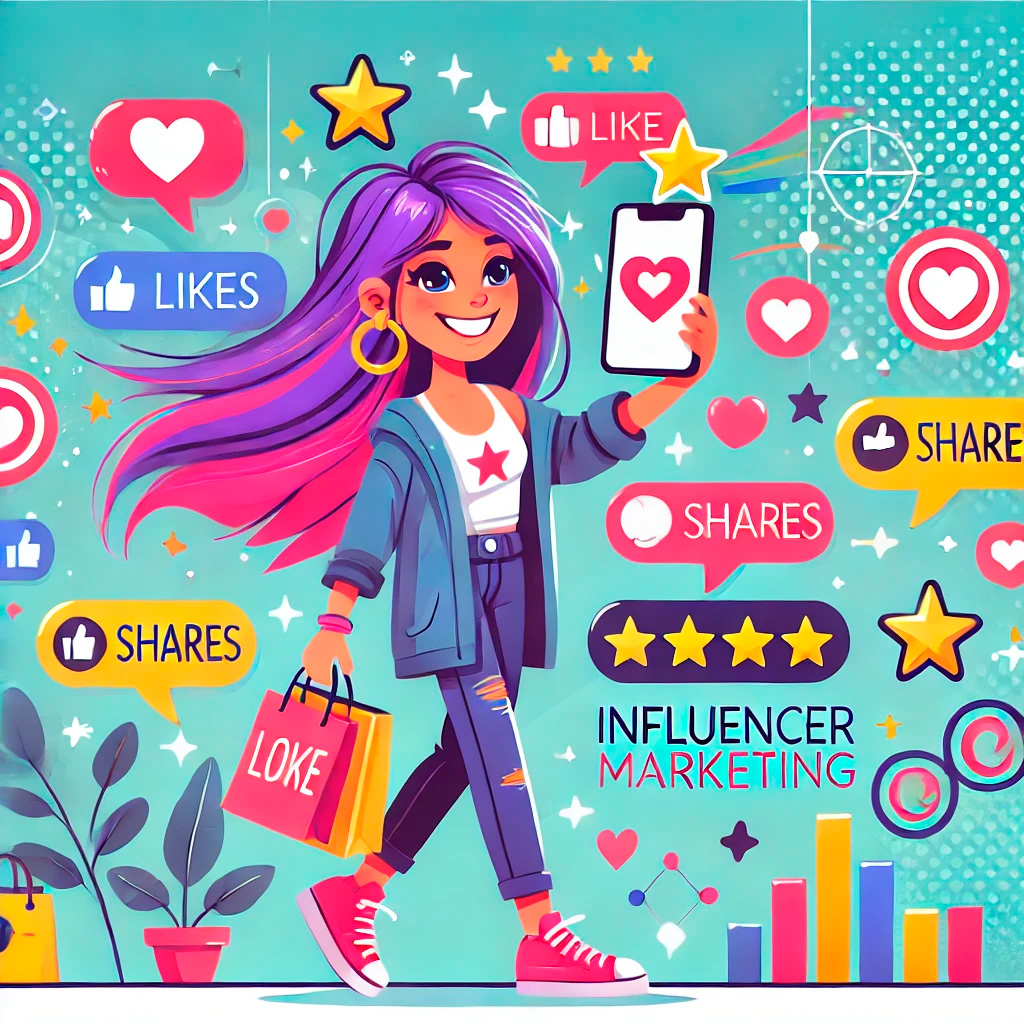
What is Influencer Marketing?
Influencer marketing is when brands collaborate with social media personalities (influencers) to promote products or services. Think of influencers as modern-day word-of-mouth advertisers, sharing brand messages with their engaged followers.
Who is an Influencer?
An influencer is someone with the ability to affect other people’s purchase decisions due to their:
- Knowledge
- Authority
- Position
- Relationship with their audience
They typically have a significant following on social media platforms where they actively engage with their audience.
👆 Fun Fact: Before social media influencers, companies relied on celebrities for promotions via magazines, TV, or billboards. The difference? Today’s influencers often have more targeted and engaged audiences, making their recommendations feel more authentic.
Types of Influencers
By Size of Following
- Nano-influencers: 1,000-10,000 followers
- Micro-influencers: 10,000-100,000 followers
- Macro-influencers: 100,000-1M followers
- Mega-influencers: 1M+ followers
By Content Type
- Lifestyle content
- Educational content
- Entertainment content
- Niche expertise content
By Platform Focus
- Instagram influencers
- YouTube creators
- TikTok personalities
- LinkedIn thought leaders
Why Influencer Marketing Works
Influencer marketing is an effective strategy because:
- Trust: People trust recommendations from individuals they follow.
- Engaging Content: Influencers are experts at creating engaging, relatable content.
- Audience Alignment: Followers are often interested in specific topics or niches.
- Authenticity: Content feels more genuine than traditional ads.
- Cost-Effective: It can be more affordable than traditional advertising channels.

Leave a Reply